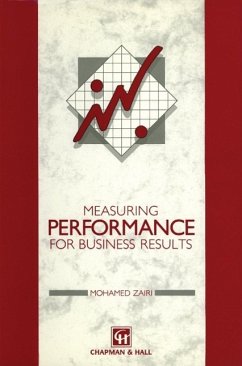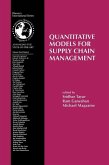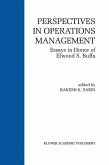Financial measures have traditionally been the cornerstone of the perform ance measurement system. In recent years, there has been a shift from treating financial figures as the foundation for performance measurement to treating them as one among a broader set of potential financial measures. Changes in cost structures and the manufacturing and competi tive environment have been responsible for the change of emphasis. In today's worldwide competitive environment companies are compet ing in terms of product quality, delivery, reliability, after-sales service and customer satisfaction. None of these variables are measured by traditional financial measures, despite the fact that they represent the major goals of world-class manufacturing companies. By focusing mainly on financial variables there is a danger that the performance reporting system will motivate managers to focus exclusively on cost reduction and short-term profitability and ignore many of the critical factors that determine long-term business success. The key to success, in today's global economy, is total customer satisfaction. To achieve this, companies must develop performance measures that drive employees to control processes that satisfy customer expectations. In particular, performance measures should provide process-level information that motivates employees to achieve the responsiveness and flexibility that companies require to compete on a global basis. Responsiveness is achieved by building relationships that lead to satisfied customers, suppliers and employees. Flexibility is achieved by reducing output variation in proceSfes; for example, the reduction of lead times and delays are both necessary for sustained competitive excellence and long-term profitability.
Dieser Download kann aus rechtlichen Gründen nur mit Rechnungsadresse in A, B, BG, CY, CZ, D, DK, EW, E, FIN, F, GR, HR, H, IRL, I, LT, L, LR, M, NL, PL, P, R, S, SLO, SK ausgeliefert werden.









